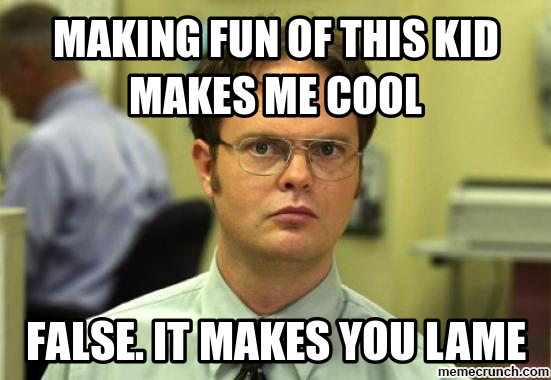Scrolling down our news feeds, whether it be Facebook, Instagram or Twitter, it becomes apparent that politics is the dominant source of media that seems to infiltrate our consciousness, especially with the sweeping news of Trump’s bombastic actions.
However, an increasing number of memes, defined by Urban Dictionary as “an idea, behavior, style, or usage that spreads from person to person within a culture (discrete units of knowledge, gossip, jokes, and so on),” have been filtering their way through our social media feeds. Some of these common memes include “Ermagherd,” “Grumpy Cat” and the “Success Kid.”
Perhaps the most entertaining part of these memes is how widespread they have become. Ask anyone and they’ll know who “Gavin” is from the numerous memes circulating about the 5-year-old boy. Since these memes have become so commonplace in our society, especially amongst the millennial generation who are arguably the most active on social media, they have essentially become a device used for bonding among individuals. Knowledge of these memes can give one a great conversation starter, as the other is likely to be familiar with the meme and will laugh along with you.
Aside from acting as a great conversation starter, memes are a way of distracting oneself from the negative aspects that seem to proliferate in the news as of late. As mentioned previously, political news, especially that regarding Trump, has become a constant on our social media feeds and with the randomized inclusion of memes, it makes all those hours scrolling to see what our middle school friends are doing, worth it.
According to the New Yorker, “Memes don’t circulate because they’re true. They circulate because they’re funny. They’re about appropriating the culture around us and short-circuiting meanings. Maybe at their best, memes bring power or celebrity or influence down to the level of the crowd.” This level of funniness and cultural appropriation offers a means of bonding in a time where laughter goes a long way. Whether you are asking “what in tarnation” or crafting a dank meme, the ideology behind disrupting the political establishment is an unconscious side effect that pushes the meme as a cultural phenomenon. It makes individuals wonder if, had we not had an object we were in need of distraction from, would the memes be of necessity for our media-centric society?
To answer that question, memes transcend the notion of wording transposed on funny images; they summarize a culture fraught with political fatigue and the ability for one to crack a joke in order to strike the perfect balance.


Leave a Reply